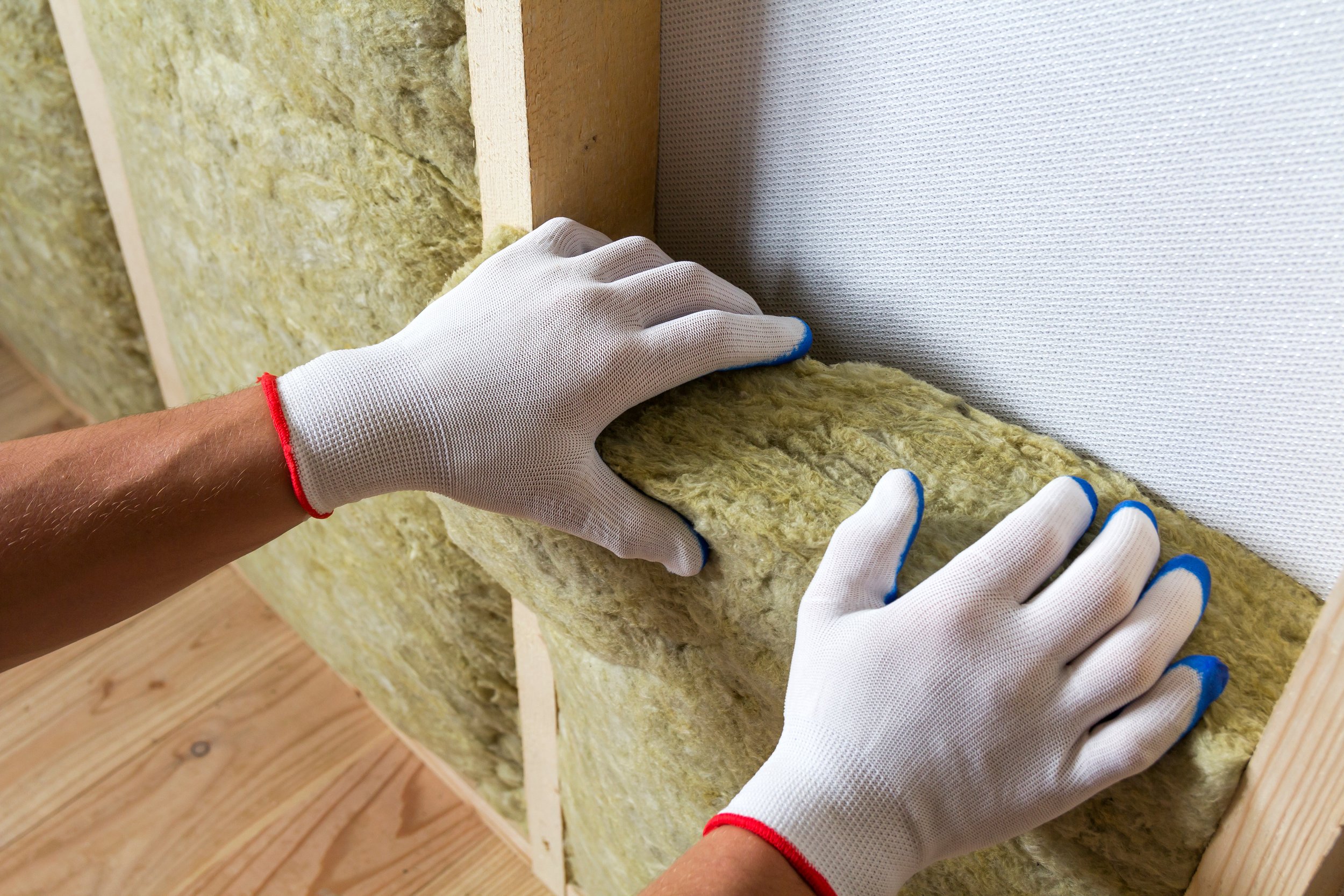Sustainable Living: Eco-Friendly Features for Your Garden Room
Introduction: In an era of growing environmental awareness and concern, sustainability has become a key consideration for homeowners looking to reduce their ecological footprint and embrace eco-friendly living. Garden rooms, with their versatility and adaptability, offer the perfect opportunity to incorporate sustainable design principles and features that promote environmental responsibility without compromising on style or comfort. Join us as we explore eco-friendly features for your UK garden room, empowering you to create a sustainable sanctuary that harmonizes with nature and enhances your outdoor living experience.
Energy-Efficient Insulation: One of the most effective ways to promote energy efficiency and reduce heating and cooling costs in your garden room is through proper insulation. Choose high-quality, eco-friendly insulation materials such as sheep's wool, recycled denim, or cellulose insulation, which offer superior thermal performance while minimizing environmental impact. Properly insulating walls, floors, and ceilings helps regulate indoor temperatures, ensuring year-round comfort and reducing reliance on artificial heating and cooling systems.
Sustainable Building Materials: Opt for sustainable building materials that minimize environmental impact and promote responsible resource management. Look for eco-friendly alternatives such as FSC-certified timber, reclaimed wood, or bamboo, which are renewable, biodegradable, and harvested using sustainable practices. Avoid materials containing harmful chemicals or toxins, such as formaldehyde-based adhesives or volatile organic compounds (VOCs), which can off-gas and contribute to indoor air pollution.
Energy-Efficient Windows and Doors: Maximize natural light and ventilation in your garden room while minimizing heat loss and energy consumption by investing in energy-efficient windows and doors. Choose double or triple-glazed windows with low-emissivity coatings and thermal breaks, which provide superior insulation and reduce heat transfer. Opt for doors equipped with weather-stripping seals and multi-point locking systems to prevent drafts and enhance energy efficiency. Additionally, consider installing operable windows and skylights to promote natural ventilation and reduce the need for artificial cooling systems.
Solar Panels and Renewable Energy: Harness the power of the sun to generate clean, renewable energy for your garden room by installing solar panels on the roof or nearby structures. Solar photovoltaic (PV) panels convert sunlight into electricity, providing a sustainable and cost-effective alternative to traditional grid-powered energy sources. Supplement your solar energy system with battery storage solutions to store excess energy for use during periods of low sunlight, ensuring reliable power supply and reducing reliance on fossil fuels.
Rainwater Harvesting System: Capture and utilize rainwater for irrigation, cleaning, or non-potable uses in your garden room by installing a rainwater harvesting system. Collect rainwater from the roof of your garden room using gutters and downspouts, and direct it to a storage tank or cistern for later use. Filter and treat collected rainwater as needed to remove debris and impurities before reuse. Rainwater harvesting not only conserves precious freshwater resources but also reduces stormwater runoff and alleviates pressure on municipal water supplies.
Green Roof or Living Wall: Enhance the environmental performance and aesthetic appeal of your garden room by incorporating a green roof or living wall into your design. Green roofs consist of a layer of vegetation planted on the roof surface, providing insulation, habitat for wildlife, and natural stormwater management. Living walls, or vertical gardens, are comprised of plants grown vertically on the exterior or interior walls of your garden room, improving air quality, reducing ambient temperatures, and adding visual interest. Both green roofs and living walls contribute to biodiversity, mitigate urban heat island effects, and promote biophilic design principles that connect occupants with nature.
Eco-Friendly Finishes and Furnishings: Select eco-friendly finishes and furnishings that promote indoor air quality, reduce environmental impact, and contribute to a healthier living environment. Choose low-VOC or zero-VOC paints, stains, and sealants for interior surfaces to minimize off-gassing and indoor air pollution. Opt for sustainably sourced, non-toxic materials such as natural wool carpets, organic cotton upholstery, and recycled glass or metal accents for furnishings and decor. Consider repurposing or upcycling existing furniture and accessories to minimize waste and embody the principles of circular design.
Efficient Heating and Cooling Systems: Minimize energy consumption and reduce carbon emissions by selecting energy-efficient heating and cooling systems for your garden room. Choose heat pumps, radiant heating, or underfloor heating systems that utilize renewable energy sources such as air, ground, or water for efficient space heating. Supplement your heating system with ceiling fans or natural ventilation strategies to circulate air and maintain comfortable indoor temperatures without relying on air conditioning. Additionally, consider passive solar design principles such as orientation, shading, and thermal mass to optimize natural heating and cooling performance.
Conclusion: By incorporating eco-friendly features and sustainable design principles into your UK garden room, you can create a sanctuary that promotes environmental responsibility, enhances your outdoor living experience, and embodies the principles of sustainable living. From energy-efficient insulation and renewable energy systems to green roofs, rainwater harvesting, and eco-friendly finishes, there are countless ways to minimize environmental impact and maximize sustainability in your garden room. So, embrace the opportunity to create a greener, healthier, and more resilient outdoor space that not only benefits the planet but also enriches your life and well-being for years to come.

